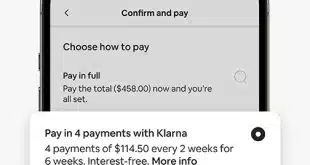Consumers using smart phones and tablets based on Android, iOS and Windows Mobile operating systems tend to have lax security measures in place, finds a report commissioned by authentication vendor Nok Nok Labs. Google Inc. developed Android. Apple Inc. created iOS for its mobile devices, and Microsoft Corp. owns Windows Mobile.
Consumers using a device with one of these operating systems are 25% more likely to use the same password to access more than one account. Javelin Strategy & Research prepared the report for Nok Nok Labs.
That propensity to use the same password could make it easier for criminals to access multiple accounts should the consumer’s user credentials be stolen, Nok Nok Labs says.
The report also found that 41% of Android users rely on one-time passwords sent by text to protect their financial accounts. Mobile malware on the Android platform could intercept these texts, Nok Nok Labs says. The prevalence of mobile malware for Android capable of intercepting these one-time passwords contributes to the fraud rate these users experience, the company says.
Mobile users, however, do like convenience, especially when it comes to using a biometric as an authentication. Fingerprint scanning is the most popular biometric option, the report found. Of iOS users, 38% preferred using a fingerprint versus another biometric like eye, voice or facial recognition. Of Android users, 34% prefer fingerprint, while 30% of Windows Mobile users like that option.
PayPal introduced earlier this year a fingerprint authentication method for its wallet on select Android devices made by Samsung. And Apple’s recently introduced iPhone 6, 6 Plus and its latest iPad tablets incorporate a fingerprint scanner.






